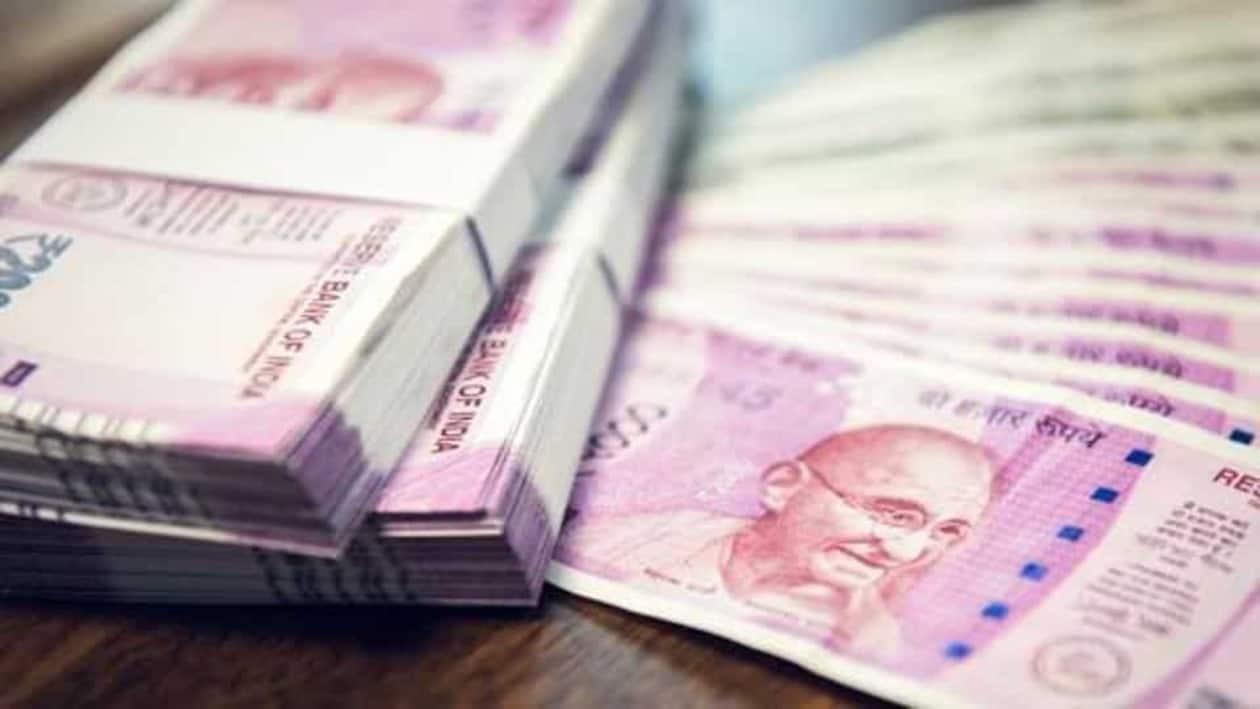"I propose to cap the surcharge on long-term capital gains arising on transfer of any type of assets at 15 percent," Finance Minister Nirmala Sitharaman said in her Budget speech.
This comes as a relief to long-term investors, who were hoping for some solace from long-term capital gains tax introduced in 2018. The LTCG tax plus cess, without indexation benefits, is applicable at a rate of 10 percent on gains over and above ₹1 lakh in a financial year.
Currently, while the long-term capital gains tax on listed shares, mutual funds have a maximum surcharge of 15 percent, the long-term capital gains tax from other asset classes can go as high as 37 percent if the total capital gains exceed ₹5 crore a year.
"This step will give a boost to the startup community and, along with my proposal on extending tax benefits to manufacturing companies and startups, reaffirms our commitment to Atmanirbhar Bharat," Sitharaman said.
Till the new rule is implemented, the long-term capital gains tax on other asset classes (except listed shares and mutual funds) stands at 25 percent for capital gains of over ₹2 crore a year and 37 percent for gains over ₹5 crore a year.
But now, to promote long-term investments and increase in foreign investments especially in startups, the surcharge on capital gains tax will be capped at 15 percent irrespective of the total amount of long-term capital gains.
Who gains?
While this is beneficial for investors who hold shares for over 12 months before selling, investors who hold shares for less than 12 months will be taxed as per the short-term capital gains tax. In short-term capital gains tax, the surcharge can go as high as 37 percent depending on the amount of gains. This new rule, will hence, force investors to invest for at least a year before selling their capital assets.
As per experts, this will bring tax relief for individuals with capital gains of over ₹2 crore a year. This will especially help startups get investments and venture capitalists who are investing in unlisted shares.
In a report, Deloitte India noted that this move will tremendously reduce the tax liability of high net-worth individuals (HNIs) also known as the super rich. The extension of this benefit to the unlisted assets will help reduce the tax burden for investors in startups, manufacturing, bonds and other types of unlisted assets, it added.
Meanwhile, Rajesh Agarwal of AUM Capital Market stated, presently surcharge on long-term capital gains is on listed shares and the equity fund is capped at 15 percent but for LTCG on other asset classes, the surcharge is based on total income. Now, the finance minister has proposed a cap on all LTCG, this will be a big beneficiary for start-ups and unicorns.
